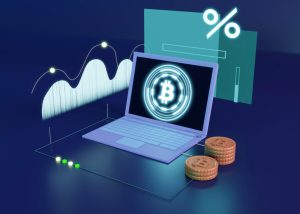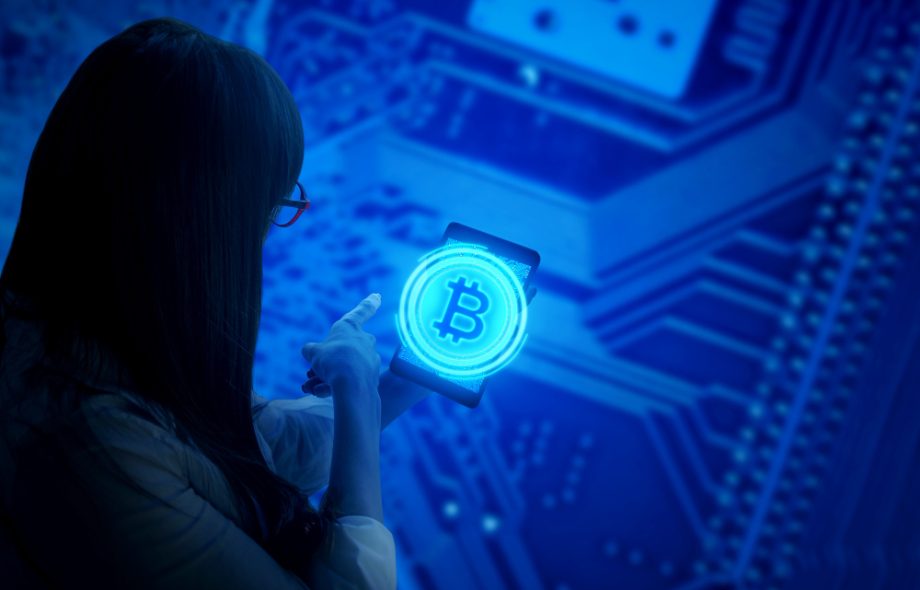
Artificial intelligence (AI) is transforming industries, while blockchain is reshaping how we think about trust, transparency, and decentralization. When these two technologies intersect, they create something powerful: AI tokens. These digital assets are more than just cryptocurrency—they are the foundation for decentralized AI ecosystems.
But how do AI tokens work, and why are AI token development solutions so important? Let’s explore through the lens of key questions businesses often ask.
1. What Are AI Tokens?
AI tokens are blockchain-based assets built for AI-powered platforms. Unlike traditional tokens that serve only as currency, AI tokens have specialized purposes such as:
Utility: Providing access to AI services, data, or models.
Incentives: Rewarding contributors who share resources, data, or expertise.
Governance: Allowing communities to vote on decisions within the ecosystem.
They create economic and governance structures that support sustainable AI innovation.
2. Why Are AI Tokens Needed?
AI thrives on collaboration, but centralization often limits access to data and computational resources. AI tokens address these challenges by:
Encouraging participation through rewards.
Opening AI services to a global audience.
Building trust through transparent blockchain records.
Enabling democratic governance instead of centralized control.
For businesses, tokens unlock new ways to innovate and engage communities.
3. How Do AI Tokens Work in Practice?
AI tokens are powered by smart contracts—self-executing agreements coded on blockchain. Examples of real-world use include:
Paying tokens to use AI-driven analytics.
Earning tokens by contributing datasets or models.
Voting with tokens on how an AI platform should evolve.
This automated, trustless system removes intermediaries and promotes fairness.
4. Which Industries Can Benefit From AI Tokens?
AI tokens are versatile, making them useful across multiple industries:
Healthcare: Patients and researchers can securely share medical data for AI-driven insights.
Finance: Traders can use tokens to access AI-powered risk assessment tools.
Education: Students and teachers can exchange tokens for AI-driven tutoring.
Gaming: Tokens can power AI-enhanced virtual economies.
Supply Chain: Businesses can leverage AI tokens for predictive logistics and real-time tracking.
Their adaptability is a major reason behind the rapid growth of AI token development.
5. What Challenges Exist in AI Token Projects?
While promising, AI tokens are not without obstacles:
Regulatory compliance: Legal requirements differ by country.
Security concerns: Smart contracts must be audited to avoid vulnerabilities.
Scalability issues: Handling AI computations on blockchain can be resource-heavy.
Market adoption: Encouraging users to adopt token-based models can take time.
These challenges highlight the need for expert guidance.
6. What Are AI Token Development Solutions?
AI token development solutions are end-to-end services that help businesses design, launch, and maintain AI tokens. They typically include:
Tokenomics design: Crafting incentive models for long-term sustainability.
Smart contract development & auditing: Building secure token systems.
Integration with AI services: Connecting tokens with platforms and applications.
Compliance management: Ensuring tokens meet legal standards.
Ongoing support: Post-launch scaling and upgrades.
Such solutions give businesses the confidence to innovate without unnecessary risk.
7. How Do AI Tokens Enable Decentralized AI?
Decentralized AI (dAI) is about spreading intelligence across networks rather than keeping it centralized. AI tokens are essential for this vision because they:
Incentivize data sharing and resource contribution.
Provide transparent access to services and tools.
Enable community-led governance.
They create the framework for fair, democratic, and scalable AI ecosystems.
8. What Does the Future Hold for AI Tokens?
AI tokens are poised to play a critical role in the digital economy. Future trends may include:
AI marketplaces: Platforms where datasets, models, and tools are exchanged via tokens.
AI-powered DAOs: Decentralized organizations governed by token holders.
Cross-chain tokens: Interoperability across multiple blockchains.
Wider adoption: Integration into mainstream apps, from finance to entertainment.
Early adopters leveraging AI token development solutions will lead this evolution.
9. How Can Businesses Get Started?
For companies exploring AI tokens, the path forward is clear:
Define the token’s purpose (utility, incentive, or governance).
Collaborate with providers of AI token development solutions.
Build tokenomics models that encourage adoption.
Develop secure, audited smart contracts.
Ensure compliance with international laws.
Launch with community engagement strategies for long-term success.
Conclusion
AI tokens are more than a technological trend—they are reshaping how businesses and communities interact with artificial intelligence. They create transparent, decentralized ecosystems where participants are rewarded fairly, and innovation is shared globally.
But launching AI tokens requires more than just good ideas. It demands strategy, security, and compliance. That’s why businesses are increasingly turning to AI token development solutions—to build tokens that are robust, scalable, and future-ready.
 :
https://in.pinterest.com/
:
https://in.pinterest.com/





